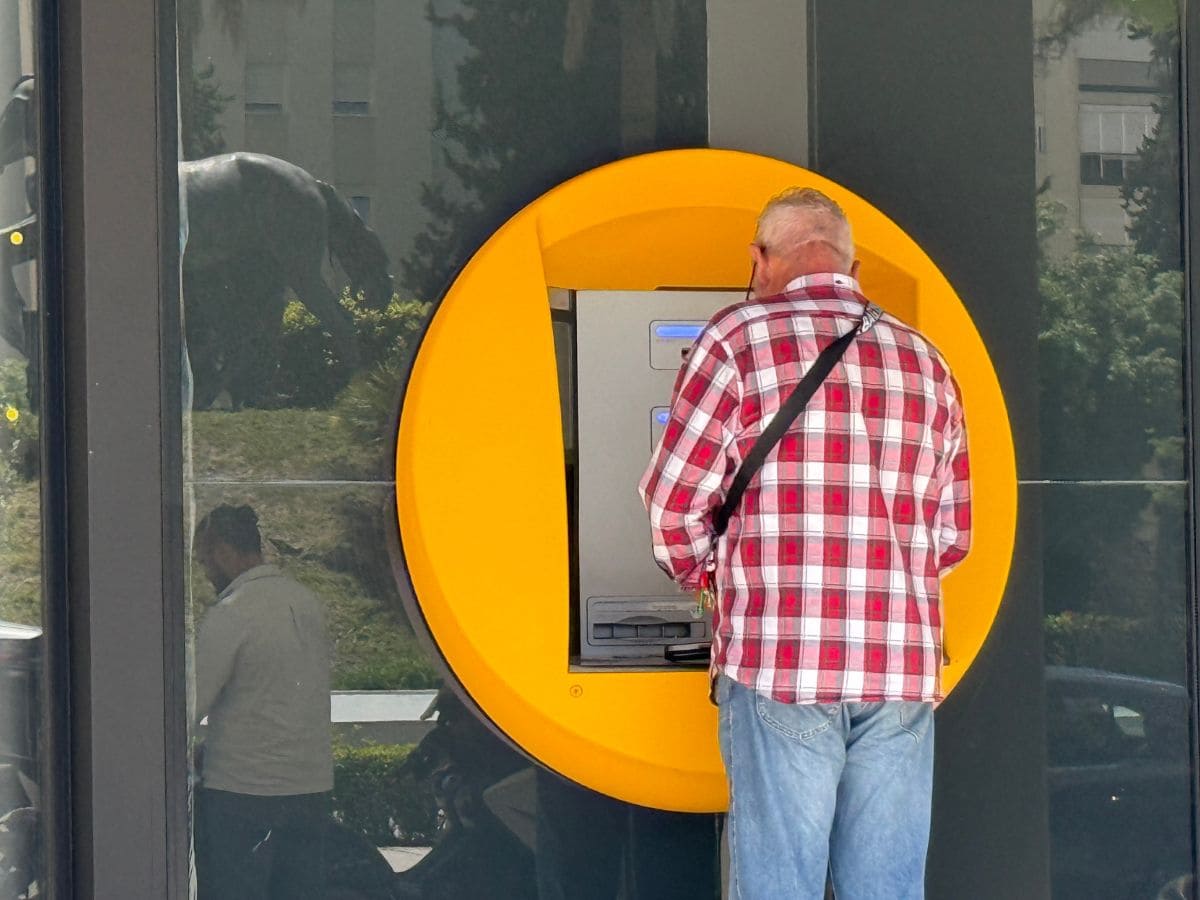The Supplemental Security Income (SSI) program is a crucial financial lifeline for millions of Americans. Managed by the Social Security Administration (SSA), SSI provides monthly payments to seniors, individuals with disabilities, and people with limited income and resources. Its primary goal is to ensure a basic standard of living for those who need it most.
However, the program has strict eligibility rules, and failure to meet them can result in your payments being reduced, suspended, or even terminated. Many beneficiaries are unaware that small changes in their personal or financial situation can lead to the loss of their SSI benefits. That’s why it’s essential to stay informed and take action as soon as any changes occur.
3 Main Reasons Your SSI Payments Could Stop
1. Excess Income:
One of the most common reasons SSI payments are cut off is earning too much money. Whether it’s from a part-time job, unemployment assistance, or support from family members, income above the program’s limit can make you ineligible. If your financial situation improves beyond what SSI allows, your benefits may be reduced or completely stopped.
2. No Longer Meeting Age or Disability Requirements:
SSI benefits are designed for people over 65 or those with qualifying disabilities. If you were receiving SSI due to a medical condition and a recent review shows your health has improved, the SSA may decide you no longer qualify. The same applies to non-citizens who no longer meet the residency or immigration requirements.
3. Incarceration:
If you are jailed or confined in a public institution for more than 30 consecutive days, your SSI payments will be suspended. Federal law prohibits payments during incarceration, although benefits may be reinstated once you’re released — if you remain eligible.
Can You Get SSI Back After Suspension?
The short answer is yes — in many cases, SSI payments can be reinstated if the reason for suspension is resolved. If you lost benefits due to excess income, you’ll need to show that your earnings are once again within the acceptable limit. If your disability benefits were stopped after a medical review, providing updated documentation from a doctor may help restore them.
For individuals released from incarceration, benefits can be reactivated by reapplying promptly and meeting all program requirements. Timing is important, so it’s critical to notify the SSA as soon as your circumstances change.
Ultimately, SSI is a critical support system, and losing it can have a serious impact. Staying compliant with SSA rules and being proactive can help protect your monthly check — and your financial security.








